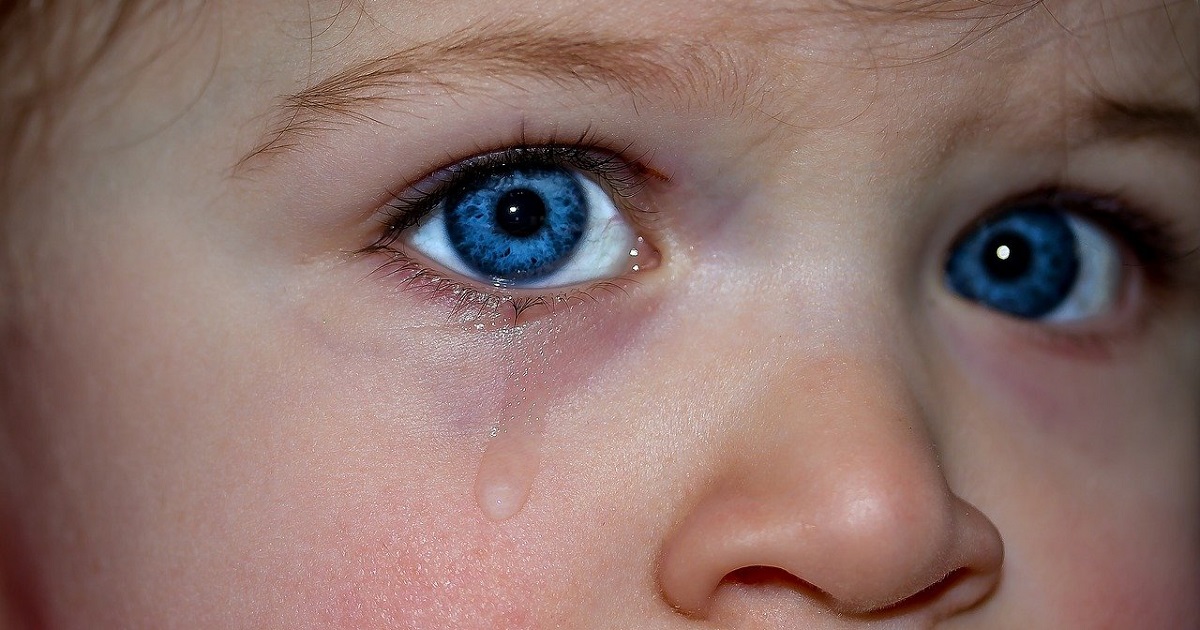All the amazing tears jobs
- We don’t always cry for the same reasons
- Tears can be produced from the cornea to keep the eye lubricated
- Or they can be produced to protect the eyes from irritants such as smoke and soap
- Emotional crying is an uncontrollable reaction of the central nervous system
- In this case, tears contain a pain reliever that explains why we feel better after crying
There are those who also do it in public, without any trouble showing their feelings publicly, and those who rarely do it in secret. What’s for sure is that we all cry, but few really know why this particular emotional reaction is. First of all, it is necessary to distinguish the causes of crying. OK: Tears well in the eyes whether we witness the tragic scene of Bambi’s mother’s death, or we cut an onion.
However, since they are so easy to understand, these are completely different issues. In fact, rupture can be caused by very different stimuli. First of all, there are basal tears, the task of which is to keep the cornea lubricated to ensure eye health, and those resulting from the reaction caused by an external stimulus. These include reflexes and tears of emotion. what’s the difference between them?
Something got into my eyes
Reactive tears are produced by the eye after exposure to irritating substances. some examples? smoke, soap, dust and so on. In this case, the cornea sends a signal to the brain to stimulate lubrication. On the other hand, emotional tears are generated from emotional states such as sadness, anger, and even extreme happiness.
These feelings are so intense that they become out of control: the limbic system and the hypothalamus — regions of the brain that play a key role in behavioral responses and emotional reactions — activate the autonomic nervous system. This results in a series of chain responses: tearing, sweating, and an increased heart rate. INCREDIBLE BUT REAL: Tears of Passion are a true natural pain reliever.
Read also: No More Tears in the Kitchen: Up the onions that don’t make you cry
In fact, they contain adrenocorticotropic hormone (ACTH). This substance helps manage stress and reduce suffering. Here’s why we feel better after a kind, liberating cry. This emotional reaction was also driven by an evolutionary explanation: according to scientists, crying helps us express our feelings, attracting the attention and assistance of friends and family.

“Infuriatingly humble alcohol fanatic. Unapologetic beer practitioner. Analyst.”


